Winter's icy grip might be tightening around our pumpkin spice lattes, but there's another unwelcome guest who loves the cold: dandruff. Are you tired of those pesky white flakes appearing on your shoulders every time you wear a dark-colored shirt? Dandruff can be incredibly frustrating, but fear not! We have curated a list of 12 effective ways on how to remove dandruff forever. So grab your favorite mug (because winter hair routines are best enjoyed with a steaming beverage), get cozy, and let's give dandruff the cold shoulder (pun intended).
Reason for Dandruff in Winter
-
Not Washing Your Hair Enough:
Dandruff in winter can be exacerbated by infrequent hair washing. The accumulation of oils, dead skin cells, and product residue on the scalp creates an ideal environment for the yeast that contributes to dandruff. Combat this by maintaining a regular hair washing routine, using a mild, anti-dandruff shampoo.
-
Cold, Dry Weather:
Winter weather can strip the scalp of its natural moisture, leading to dryness and flakiness. Hydrate your scalp by using a moisturizing shampoo and conditioner during the colder months. Consider incorporating a hydrating hair mask into your routine to nourish your scalp and prevent dandruff in winter.
-
Warm, Wet Weather:
Surprisingly, warm and wet weather can also contribute to dandruff. Excessive sweating and humidity create an environment where the yeast responsible for dandruff thrives. To combat this, ensure your scalp is thoroughly cleansed after sweating and consider using a lightweight, anti-dandruff conditioner.
-
Another Health Condition:
Sometimes, underlying health conditions like eczema or psoriasis can contribute to dandruff. If your symptoms persist, it’s crucial to consult a healthcare professional for a thorough diagnosis and targeted treatment plan.
-
Using the Wrong Products:
Harsh hair care products can strip the scalp of its natural oils, leading to dryness and dandruff in winter. Opt for gentle, sulfate-free shampoos and conditioners that cater specifically to dandruff-prone scalps.
Individual Concerns for Dandruff in Winter
-
Risk Factors:
Certain individuals may be more prone to dandruff due to factors like age, oily skin, or certain medical conditions. Identifying these risk factors can help tailor your strategy for how to remove dandruff.
-
Is Dandruff Hereditary:
Genetics can play a role in dandruff susceptibility. If your family has a history of dandruff, it’s essential to be proactive in your hair care routine to prevent or manage this condition effectively.
-
Dandruff and Hair Loss:
While dandruff itself does not directly cause hair loss, the itching and scratching associated with it can damage hair follicles and contribute to hair loss. Addressing dandruff promptly can help maintain a healthy scalp environment and reduce the risk of associated hair loss.
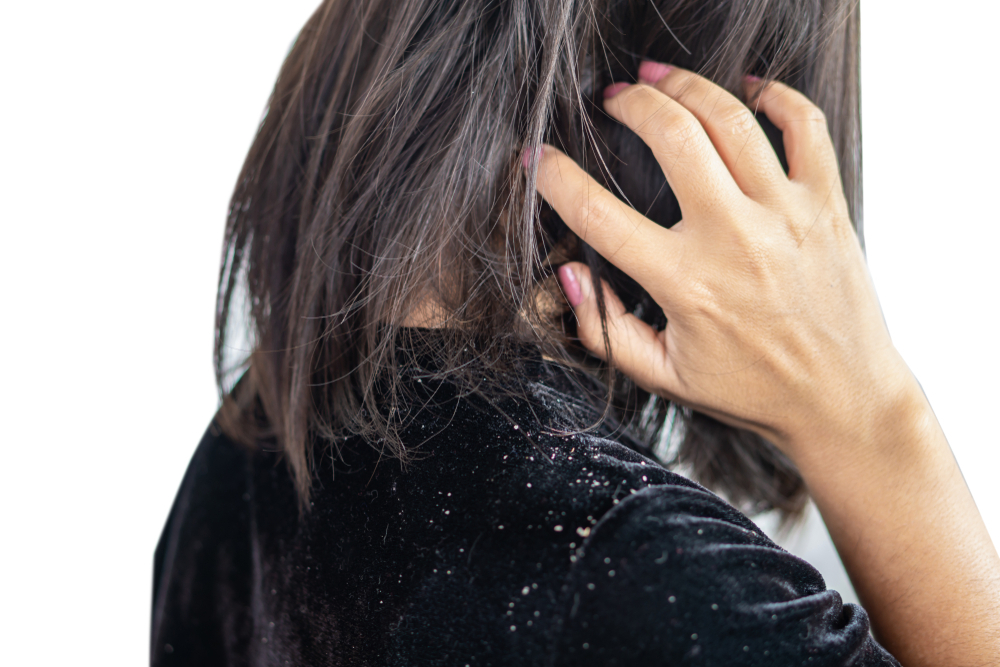
Common Symptoms of Dandruff
-
Flaky Scalp:
The most recognizable symptom of dandruff is the presence of white or yellowish flakes on the scalp and in the hair. These flakes, often mistaken for dry skin, can be visible on clothing, especially on dark-colored fabrics.
-
Itching and Irritation:
Dandruff is frequently accompanied by itching and irritation of the scalp. The urge to scratch can worsen the condition, potentially leading to inflammation and redness.
-
Oily or Dry Scalp:
Dandruff can manifest differently from person to person. While some individuals may experience an oily scalp, others may have a dry and flaky scalp. Identifying your scalp type can help choose the right products for effective treatment.
-
Redness and Inflammation:
In some cases, dandruff may cause redness and inflammation on the scalp. This can be a result of the body’s reaction to the presence of excess yeast or an inflammatory response to scratching.
-
Tingling Sensation:
People with dandruff may report a tingling sensation on the scalp. This is often associated with the irritation caused by the accelerated shedding of skin cells.
-
Presence of Scalp Scales:
In more severe cases, larger scales or plaques may form on the scalp. This could be indicative of conditions such as seborrheic dermatitis, a more intense form of dandruff.
-
Hair and Scalp Odor:
Dandruff can sometimes be accompanied by an unpleasant odor. This occurs when the yeast responsible for dandruff interacts with natural oils on the scalp, producing a distinct scent.
-
Recurrence:
Chronic or recurrent dandruff is another symptom to watch out for. If the condition persists despite regular cleansing and anti-dandruff treatments, it may indicate an underlying issue that requires professional attention.
12 Effective Remedies For How To Remove Dandruff
1. Use an Anti-Dandruff Shampoo
Who doesn’t love a good hair-washing session? It’s like a mini spa day for your scalp. Grab a mild, anti-dandruff shampoo, and make it a regular thing. Two to three times a week should do the trick. Clean scalp, happy scalp!
When it comes to how to prevent dandruff, choosing the right shampoo is paramount. Look for shampoos specifically designed to target dandruff, as they contain active ingredients that fight flakes and itchiness. Some key ingredients to look out for are ketoconazole, salicylic acid, or selenium sulfide. These ingredients work by reducing the production of excess oil, removing dead skin cells, and controlling the overgrowth of yeast on your scalp. Remember, consistency is key when using these shampoos, so make it a part of your regular hair care routine.
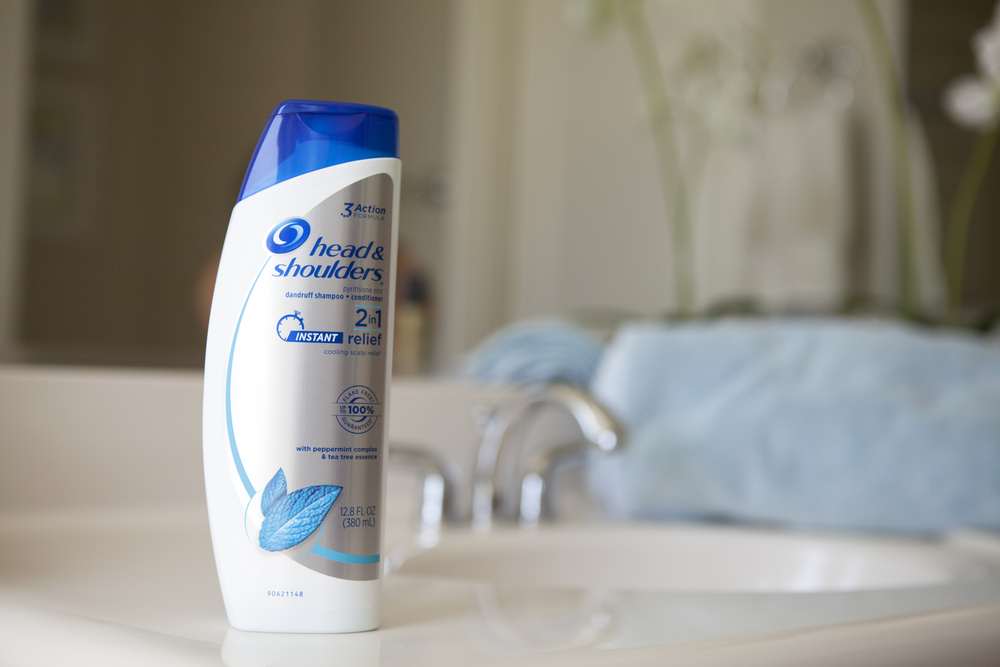
2. Try Apple Cider Vinegar
Apple cider vinegar has gained quite a reputation for its numerous health benefits, including its ability to tackle dandruff. Its natural antifungal properties help combat the yeast-like organism responsible for dandruff. To use apple cider vinegar as a dandruff treatment, mix equal parts of water and apple cider vinegar and apply it to your scalp. Let it sit for a few minutes before rinsing thoroughly. Incorporate this homemade rinse into your hair care routine twice a week, and watch those flakes disappear!
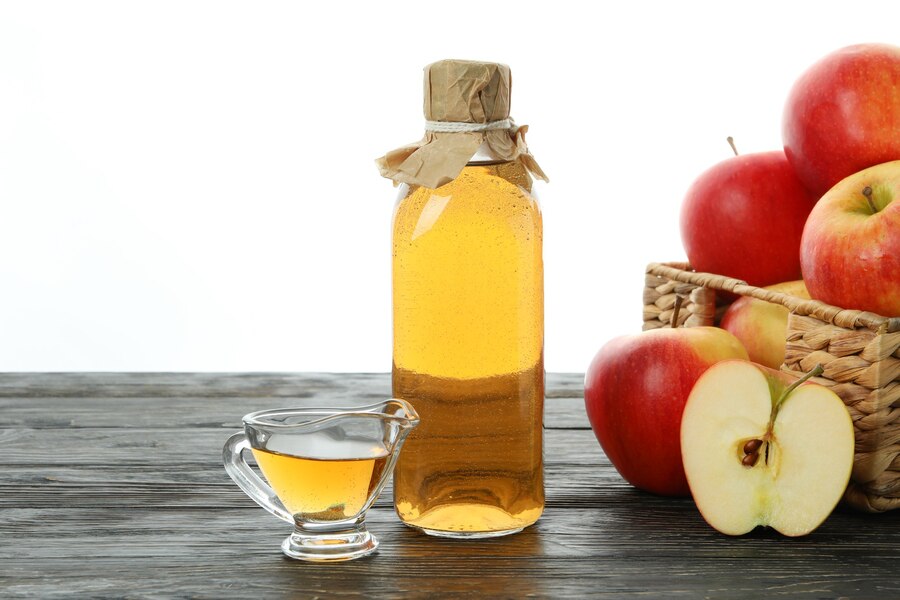
3. Apply Tea Tree Oil
Tea tree oil is a powerful essential oil known for its antimicrobial and antifungal properties. It can effectively fight the yeast on your scalp, alleviating dandruff symptoms. Dilute a few drops of tea tree oil with a carrier oil, such as coconut or jojoba oil, and gently massage it onto your scalp. Leave it on for about 30 minutes before shampooing your hair as usual. Repeat this process twice a week, and your scalp will thank you for the relief from annoying flakes!
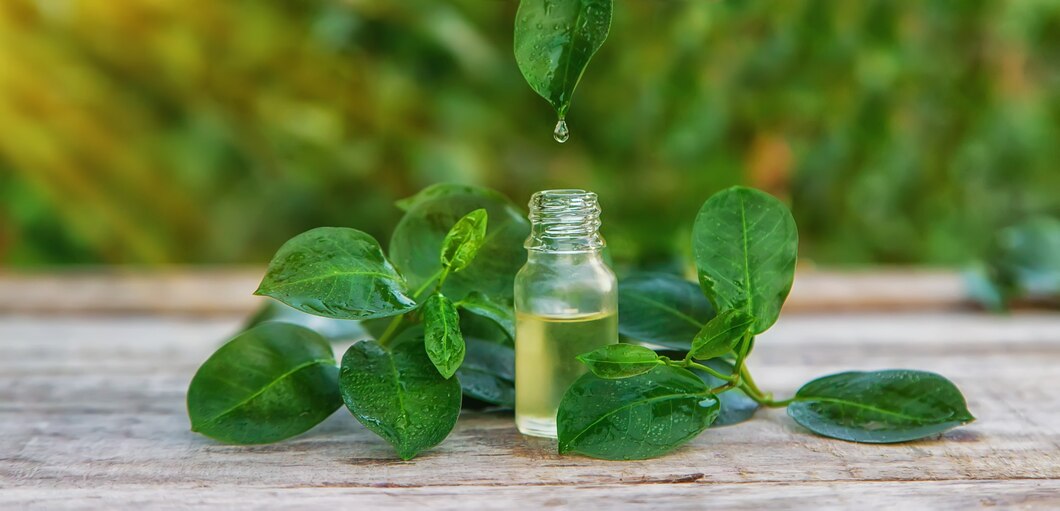
4. Egg Mask
Eggs are a fantastic source of protein, and guess what? Your hair loves protein too! So let’s whip up an egg mask.
Crack 1 or 2 eggs into a bowl (depending on your hair length), add a tablespoon of olive oil, a dash of lemon juice, and give it a good mix. Now, it's spa time for your scalp. Apply the mixture, massage it in, and let it chill for about 20-30 minutes. Once the clock's done its thing, hop into the shower and wash it off with a mild shampoo. Voila! You've just fed your scalp a protein-packed feast.
Eggs are loaded with proteins that can strengthen your hair and help reduce dandruff. The added olive oil and lemon juice provide extra hydration, making your scalp a happy camper in the winter dryness.
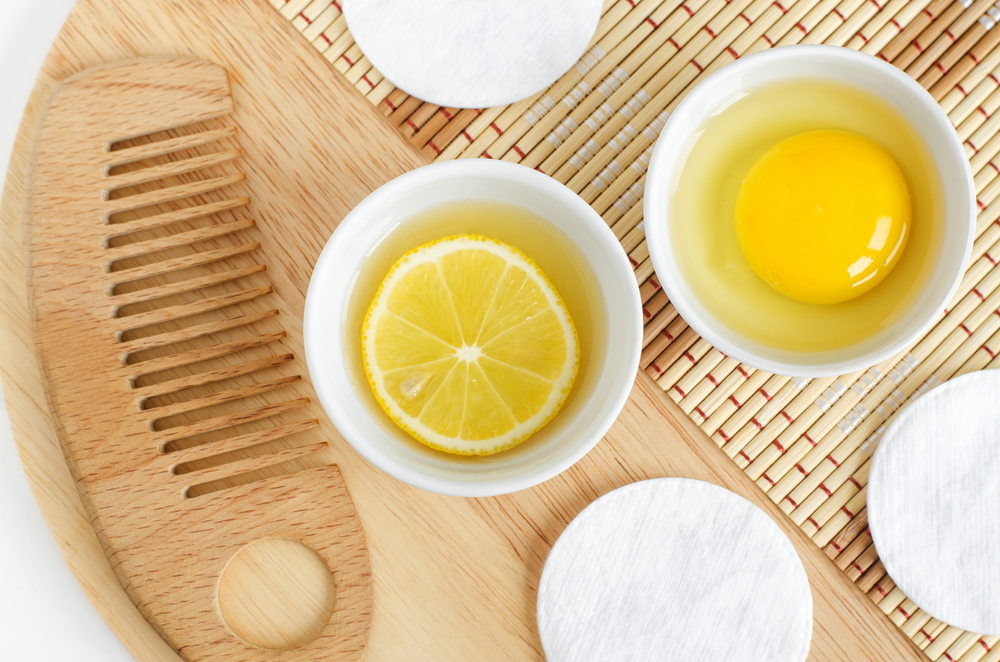
5. Coconut Oil
Coconut oil isn't just for pina coladas; it's a moisture-locking wizard that can do wonders for your scalp. Take a bit of pure coconut oil and warm it up between your palms. Massage it into your scalp, making sure to cover every nook and cranny. Leave it on for at least 30 minutes, or if you're feeling extra indulgent, leave it overnight. Wash it off with a gentle shampoo. Warning: Your hair might be so soft you won't be able to stop touching it.
Coconut oil seeps into your scalp, providing a deep hydration boost – something your scalp craves in the winter. It also has antifungal properties that can help combat the yeast responsible for dandruff.
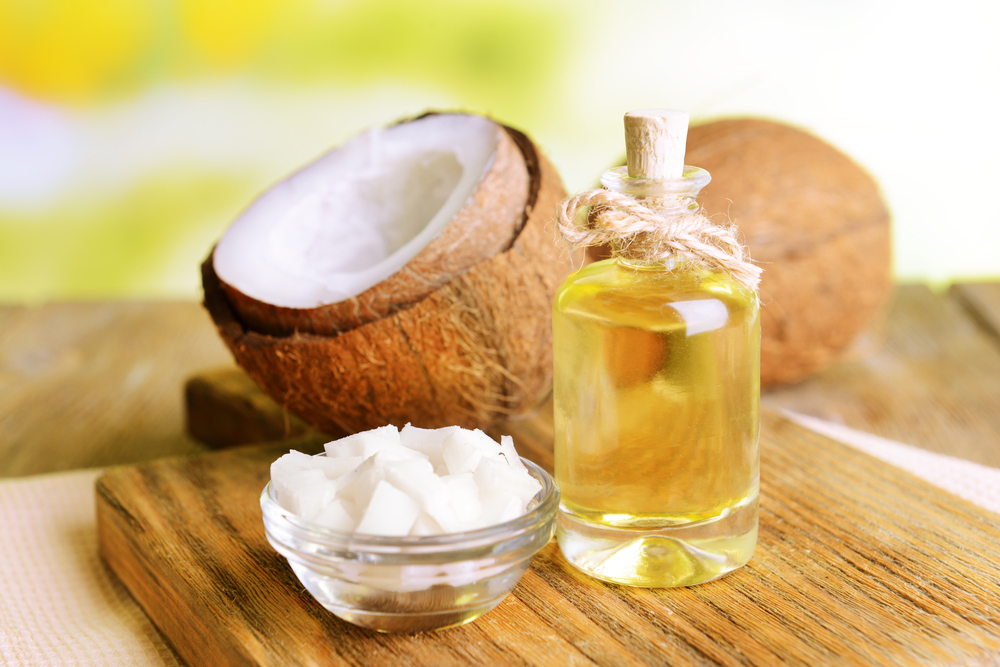
6. Opt for Aloe Vera
Aloe vera is a popular remedy for various skin conditions, and dandruff is no exception. Known for its soothing and anti-inflammatory properties, aloe vera can provide relief from itchiness and irritation caused by dandruff. Extract fresh aloe vera gel from the plant and apply it directly to your scalp. Leave it on for about 20 minutes before rinsing it off. If fresh aloe vera is unavailable, you can consider using commercially available aloe vera gel products specifically formulated for the scalp. Use this remedy twice a week to keep those flakes at bay!
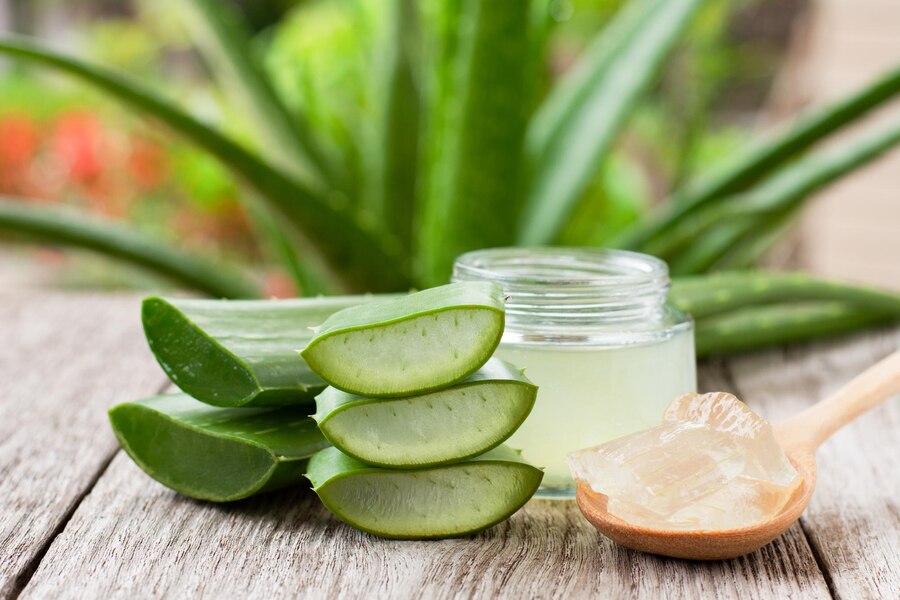
7. Exfoliate Regularly
Regular exfoliation of your scalp is a crucial step in the battle against how to remove dandruff. Just like our skin, our scalp also needs to shed dead skin cells. (Read more about winter skincare) When dead skin cells accumulate, they can contribute to dandruff. Invest in gentle exfoliating scrubs or brushes specifically designed for the scalp. Gently massage your scalp in circular motions to remove any buildup and promote healthy cell turnover. Exfoliating once a week can work wonders in preventing and reducing dandruff.
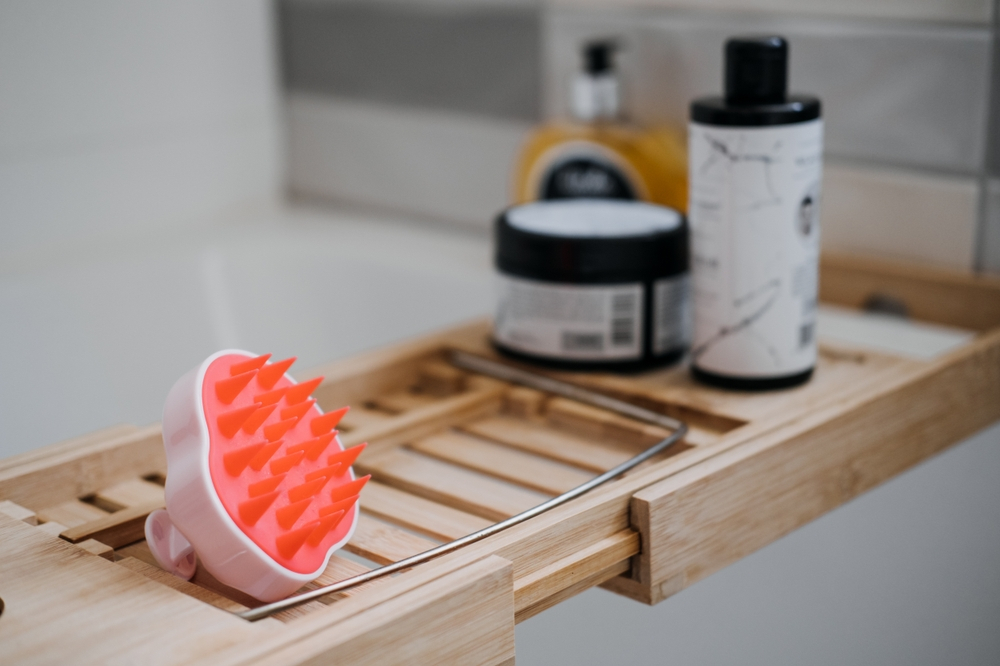
8. Maintain a Healthy Diet
You are what you eat, and the same goes for your scalp health! A balanced and nutritious diet plays a vital role in how to prevent dandruff. Include foods rich in omega-3 fatty acids, vitamins A and E, and zinc in your diet. These nutrients can help nourish your scalp and prevent dryness and flakiness. Incorporate foods like fatty fish, nuts, seeds, spinach, carrots, and whole grains into your meals. Remember, a healthy scalp starts from within!

9. Hot Water? Not Hot for Dandruff
We get it – hot showers in winter are heavenly. But here’s the deal: hot water strips your scalp of its natural oils, making it a prime spot for flakes to crash. Opt for lukewarm water instead, and keep that natural balance intact.
10. Manage Stress Levels
Believe it or not, stress can exacerbate dandruff symptoms. Chronic stress weakens our immune system, making us more susceptible to various skin conditions, including dandruff. Engage in stress-reducing activities like yoga, meditation, or spending time in nature. Find what works for you and make it a regular part of your routine. Managing your stress levels not only benefits your mental well-being but also helps keep those flakes under control.
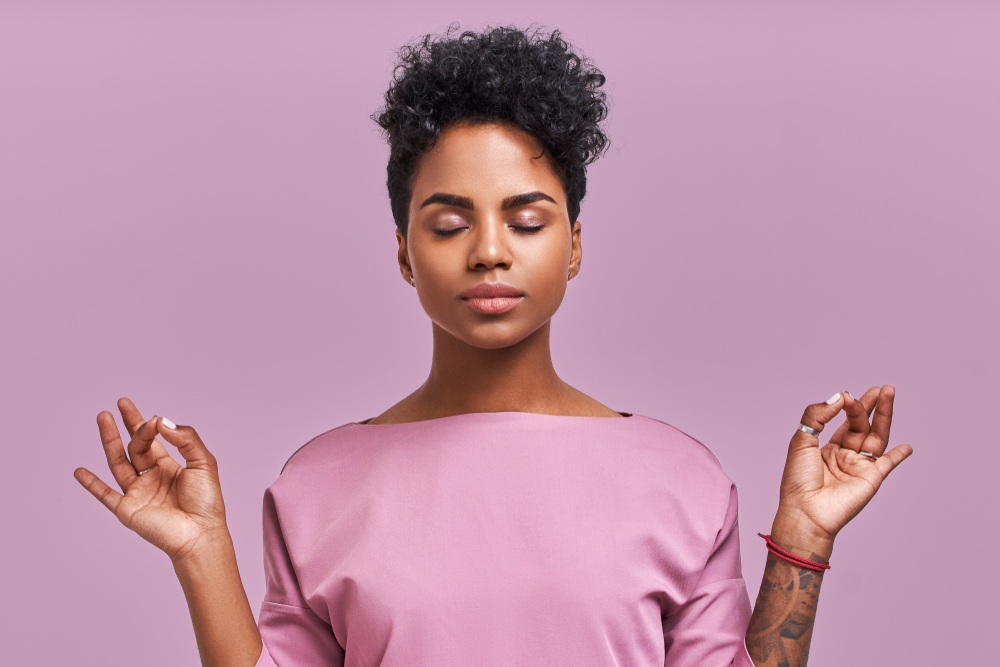
11. Avoid Harsh Hair Products
Time to be picky about your products. Go for sulfate-free goodies, especially those with pyrithione zinc, salicylic acid, or ketoconazole – they’re like superheroes for how to remove dandruff. Your scalp will be singing your praises!
While choosing the right shampoo is crucial, it’s also essential to avoid harsh hair care products that can make your dandruff worse. Products that contain sulfates and other harsh chemicals can strip away the natural oils from your scalp, leading to dryness and flaking. Opt for mild, sulfate-free shampoos and conditioners that are gentle on your scalp. Your hair will thank you, and those flakes will have a harder time making an appearance!
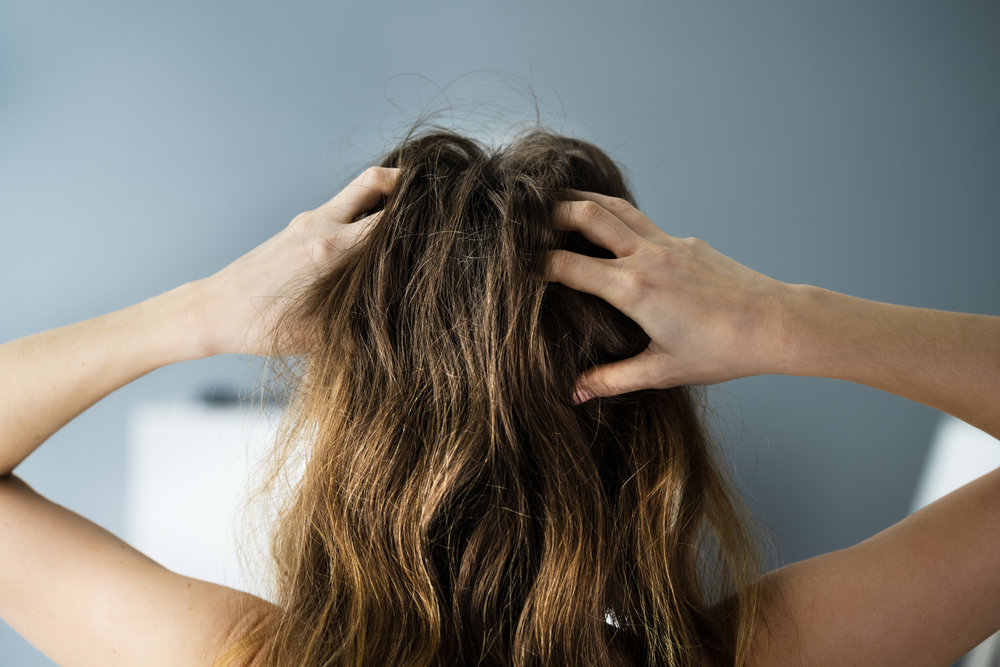
12. Consult a Dermatologist
If you’ve tried various home remedies and still struggle with how to remove dandruff, it’s time to seek professional help. A dermatologist is an expert in treating scalp conditions and can provide tailored advice and prescribe effective treatments. They may recommend medicated shampoos, topical creams, or prescription medications to help you with how to prevent dandruff once and for all. Don’t let dandruff hold you back from having healthy and luscious locks!
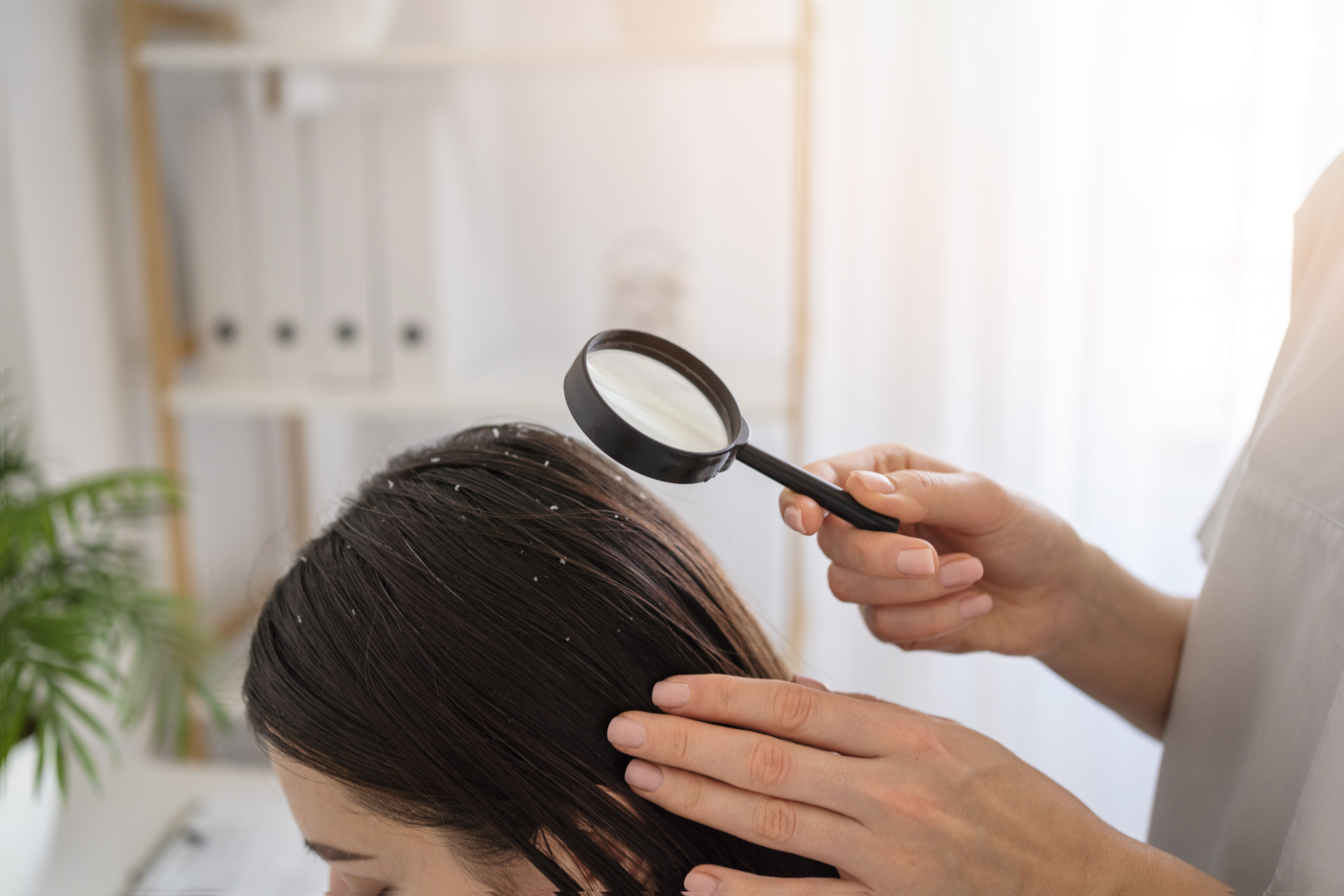
Closing Thoughts
Don’t let winter dandruff cramp your style. Show it the door with these 12 easy-peasy yet effective tips, and strut into the season with confidence. Remember to be consistent and patient, as it may take some time to see noticeable results. Your scalp deserves all the love, and you deserve to rock winter without a snowstorm on your shoulders. Here’s to a flake-free, fabulous winter!

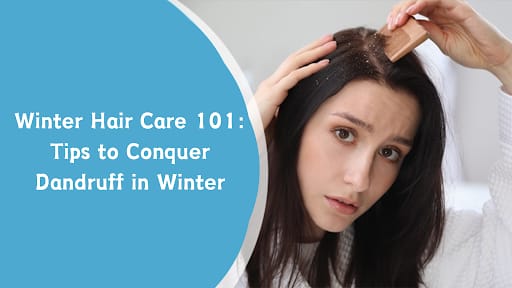
0 Comment